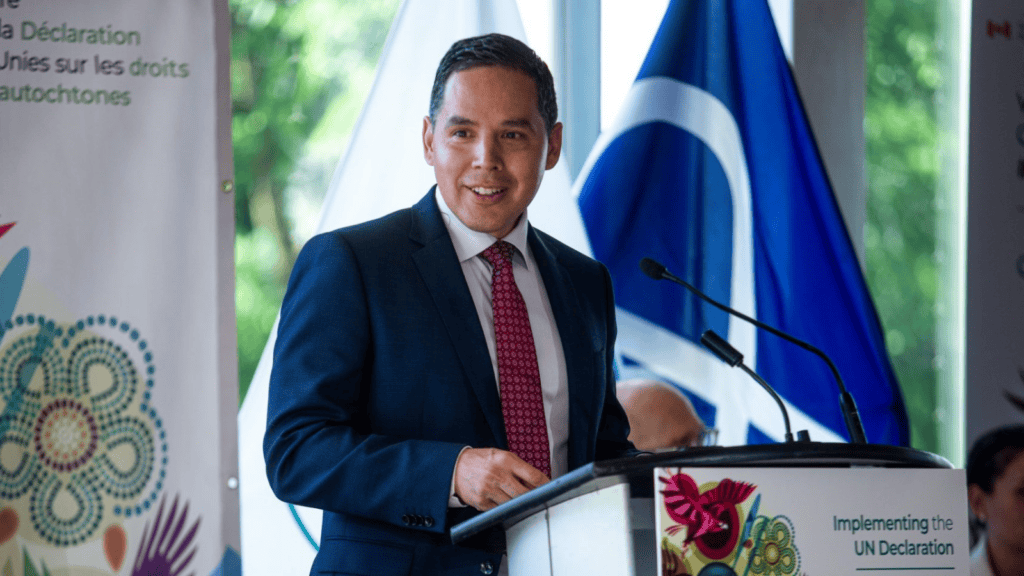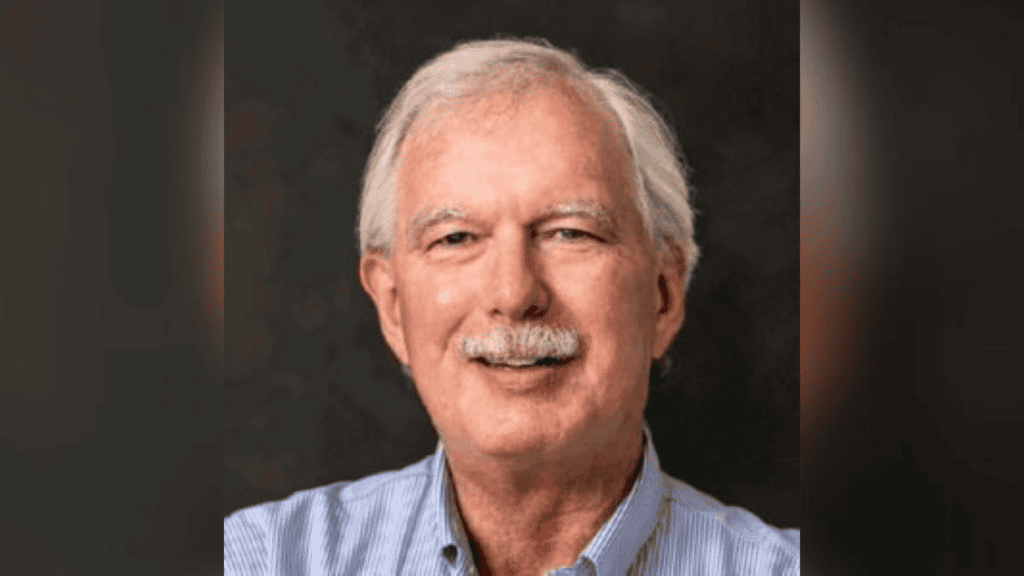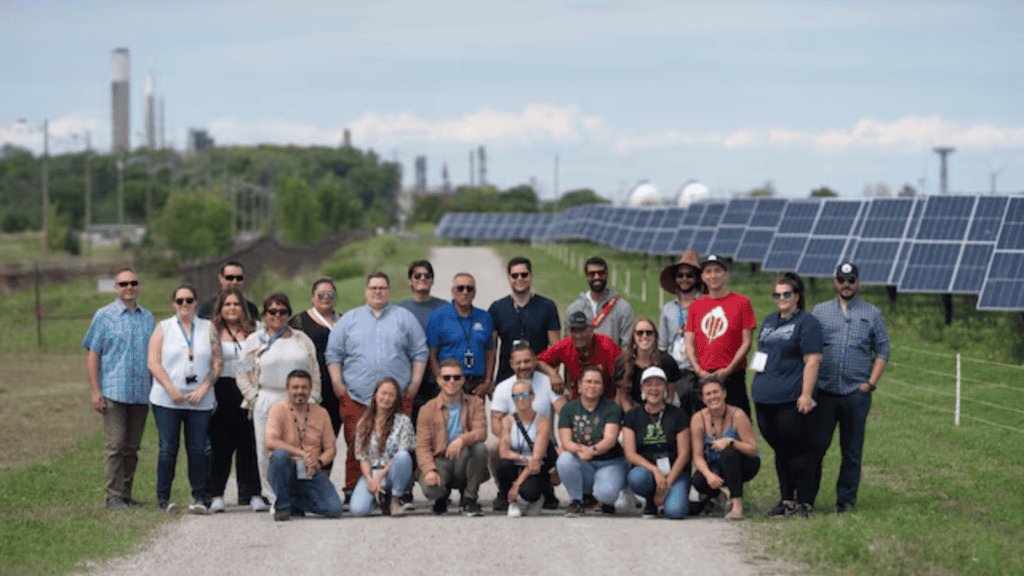
News & Events
News Releases

Indigenous Clean Energy’s 20/20 Catalysts Program to kick off its seventh cohort in Tofino, BC
OTTAWA, ON, June 12, 2024 – Indigenous Clean Energy (ICE) is excited to announce the first on-site intensive session of its flagship clean energy capacity-building program, 20/20 Catalysts. The program welcomes its seventh cohort, comprised of 19 Indigenous individuals who are driving transformative change within their communities.

Applications open for the second cohort of the Project Accelerator program
OTTAWA, ON. June 3, 2024 – Indigenous Clean Energy (ICE) and the Bringing It Home initiative are excited to announce the opening of applications for the second cohort of the Project Accelerator program.

Capacity-building program accelerating change in Indigenous housing infrastructure
OTTAWA, ON, January 31, 2024 — Program participants from 16 Indigenous communities across Canada are coming together in Wakefield, QC, for the Project Accelerator program’s second and final on-site intensive training session.

Applications for ImaGENation cohort 2 are open now!
OTTAWA, ON, January 19, 2024 — ImaGENation, a national capacity-building and mentorship program for Indigenous youth, is now accepting application for their second cohort. The program is facilitated in partnership between Indigenous Clean Energy, SevenGen, and Student Energy.

Building First Nations power in the clean energy sector: Inaugural ‘PowerMakers’ capacity building program launches this week
CAIRNS, QLD, October 23, 2023 — A new transformative 5-day program designed to empower First Nations people to drive First Nations participation in and ownership of clean energy solutions in communities and negotiate partnership, equity and ownership outcomes is being held this week in Cairns, with 30 First Nations leaders attending.

First Nations Australian and Canadian energy leaders head to Canberra to secure Australian government’s commitment to partnering with First Nations in the clean energy transition
OTTAWA, ON, October 16, 2023 — First Nations leaders from Australia and Canada are meeting with the Federal Minister for Climate Change and Energy Chris Bowen on 17th October and Members of Parliament and over 40 clean energy leaders on the 18th to share Canada’s experience and learnings to successfully ensure First Nations partner in Australia’s energy transition.
Jump to a section:
Media Inquiries
For media inquiries, please contact:
Lina Forero, Senior Communications Manager
lforero@indigenouscleanenergy.com





